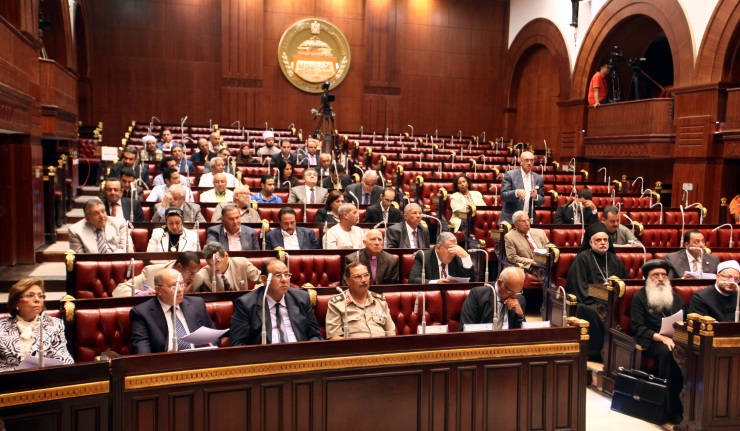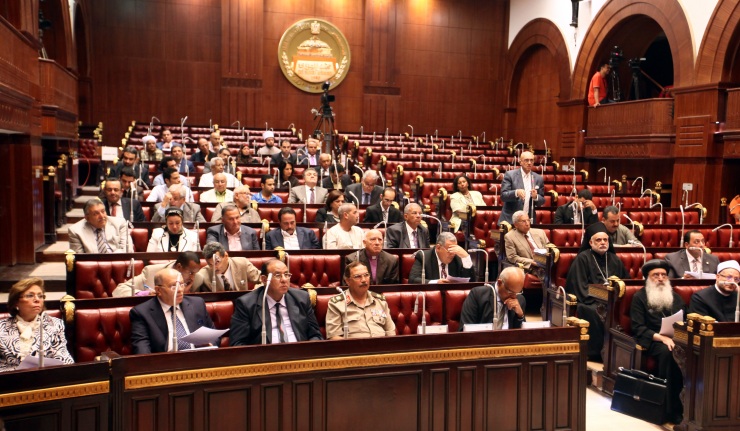A new constitution drafting panel in Egypt voted on Sunday to retain military trials for civilians in certain cases despite opposition from some secular activists and rights groups concerned over the army\’s wide-ranging powers.
A new constitution drafting panel in Egypt voted on Sunday to retain military trials for civilians in certain cases despite opposition from some secular activists and rights groups concerned over the army's wide-ranging powers.
The thorny issue of the insular military's longstanding privileges was at the heart of voting on the constitution Sunday after the 50-member panel approved 138 of the 247 articles of the draft charter the day before.
The panel approved Article 204, which says that "no civilian can be tried by military judges, except for crimes of direct attacks on armed forces, military installations and military personnel."
If approved, the constitution would be submitted to a popular referendum early next year, billed as the first stage in a "democratic transition" promised by the military-installed authorities following the ouster of Islamist president Mohammad Mursi in July.
Also on Sunday, authorities extended the detention of prominent secular activist Alaa Abdel Fattah by 15 days after he was arrested for holding an unauthorized demonstration against the provision in the draft charter allowing military trials of civilians.
His detention is expected to further anger secular activists who are furious over the provisions in the draft charter concerning the military. Another 24 activists also saw their detention extended by 15 days on Sunday.
Secular activists had demonstrated against the provision, fearing it could be applied to protesters, journalists and dissidents.
Such fears deepened after Abdel Fattah's extended detention, with authorities accusing him of breaking a law on demonstrations, inciting protesters to riot and block roads, and beating a police officer.
Another top activist, Ahmed Maher, was freed Sunday after he turned himself in at a Cairo court on Saturday following an order for his arrest.
A law passed earlier this month, which requires permits for all public gatherings, has angered secular and human rights groups, especially since the military justified its removal of Morsi by saying it was responding to mass protests.
Meanwhile, more than 2,000 pro-Mursi students meanwhile poured out of university campuses and managed to reach Cairo's Tahrir Square, where they held the biggest Islamist demonstration in the iconic roundabout -- the epicenter of the 2011 revolt that toppled long-ruling president Hosni Mubarak -- since Mursi's ouster.
Police moved in to disperse the protesters with tear gas, the violence underscoring the country's lingering polarization nearly four months after the military removed Morsi from power following a turbulent year in office.
Mursi, Egypt's first democratically elected president, was overthrown by the military on July 3, and in mid-August the security forces launched a sweeping crackdown on his supporters which has left more than 1,000 people killed and thousands more jailed.
